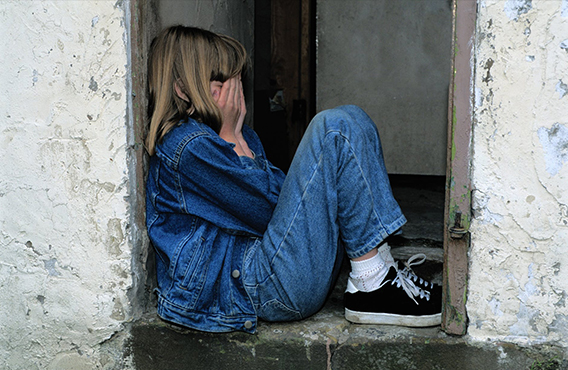We all know bullying is painful to endure, but new research shows that bullied children are at a greater risk of developing anxiety disorders, depression, and suicidal thoughts as adults.
“We were surprised at how profoundly bullying affects a person’s long-term functioning,” says William E. Copeland, assistant clinical professor in the psychiatry department. “This psychological damage doesn’t just go away because a person grew up and is no longer bullied.”
The findings were based on more than twenty years of data from the Great Smoky Mountain Study, a sample of 1,420 children between the ages of nine and thirteen from eleven counties in western North Carolina. Enrolled in 1993, the children and their parents or caregivers were interviewed annually until age sixteen and periodically thereafter.
“Bullying is potentially a problem for bullies as well as for victims.”
A quarter of the children reported being bullied at least once, with boys and girls reporting at about the same rate. Around 10 percent acknowledged bullying others. Of the original sample, more than 1,270 children were followed into adulthood. The subsequent interviews included questions about the participants’ psychological health.
As adults, those who said they had been bullied, plus those who were both victims and aggressors, were at higher risk for psychiatric disorders compared with those with no history of being bullied. Those who were only victims had higher levels of depressive disorders, anxiety disorders, generalized anxiety, panic disorder, and agoraphobia.
Those who were both bullies and victims had higher levels of all anxiety and depressive disorders, plus the highest levels of suicidal thoughts, depressive disorders, generalized anxiety, and panic disorder. Bullies were also at increased risk for antisocial personality disorder.

Share your comments
Have an account?
Sign in to commentNo Account?
Email the editor